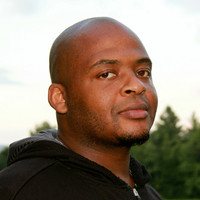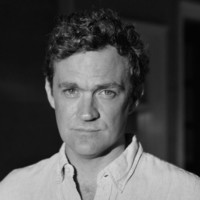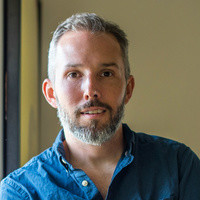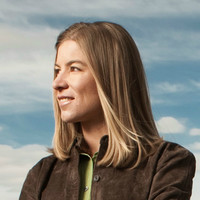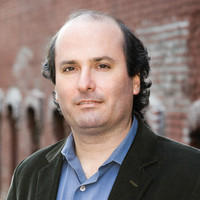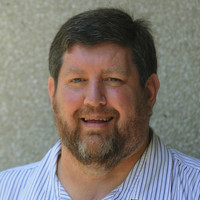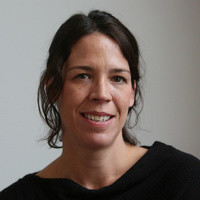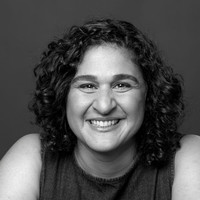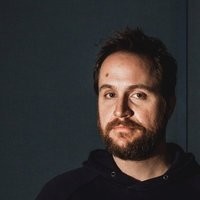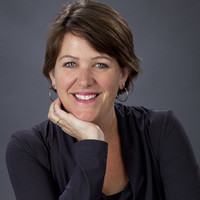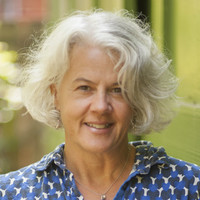Evan Ratliff, a co-host of the Longform Podcast, is the author of The Mastermind: Drugs. Empire. Murder. Betrayal.
“We’re all less moral than we think we are, including myself. I’m interested in the justifications people provide for themselves to get deep into something that starts as one thing and ends up as a murderous criminal cartel. Paul Le Roux, sure—but also doctors and pharmacists. It’s interesting to think about where the pressures in our lives create moral ambiguity that we didn't think was there, and why we do things that we’ve said we'll never do. We look at someone else and think that they’re really bad or evil, but then we’ve never experienced those pressures. That cauldron of factors is something I’m very interested in because I think it applies to everyone.”
Thanks to MailChimp and Pitt Writers for sponsoring this week's episode.

